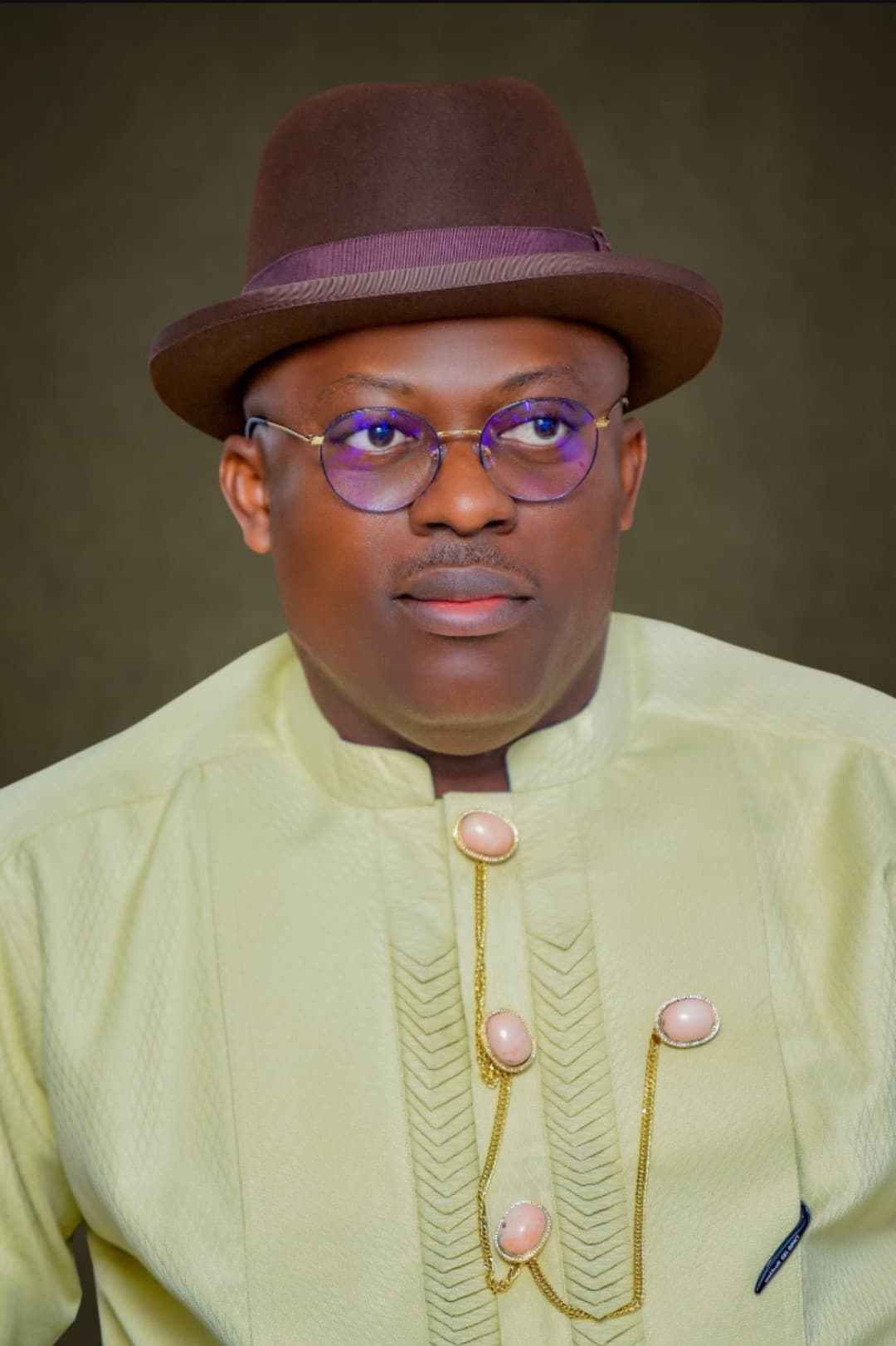Editorial
Fubara’s Infrastructure Boost For IAUE

Rivers State Governor, Siminalayi Fubara, has unveiled a bold initiative to upgrade Ignatius Ajuru
University of Education’s (IAUE) infrastructure. This strategic effort is designed to boost the university’s capacity and position it as a leading educational institution in Nigeria. The plan includes a comprehensive redevelopment aimed at improving students’ experience.
This decision came after the university’s Governing Council requested urgent state government intervention to address critical infrastructure needs. Governor Fubara expressed concern over the current state of the institution’s facilities and emphasised his administration’s commitment to enhancing both infrastructure and education quality at IAUE.
The Governor has confirmed plans to construct several key facilities, including a new administrative block, student hostels, a modern health centre, and a sports complex. This extensive move aims to enhance various aspects of university life, improving administrative efficiency, student welfare, and recreational opportunities.
The prospective administrative block will symbolise a dedication to efficiency and seamless operations. Envision a modern, well-organised space where workflows are optimised, enabling university staff to concentrate on their core mission—supporting students and promoting academic excellence. Gone are the days of cramped offices and overflowing paperwork!
Students will also benefit substantially from the construction of new hostels. Many currently struggle with inadequate accommodation which affects both their studies and overall well-being. A comfortable and secure living environment is essential, and these new facilities will provide exactly that. It is like upgrading from a crowded dormitory to a modern apartment—an immense improvement in quality of life.
Access to quality healthcare is necessary for students. The proposed health centre will offer accessible medical services in well-equipped facilities which minimises the hassle of seeking quality care elsewhere. This spunk reflects the university’s commitment to student well-being, recognising that a healthy student is a more productive one.
Similarly, a new sports complex will be a valuable investment in student health, fitness, and social engagement. Beyond promoting physical activity, it contributes to a lively campus environment where students can relax, stay active, and foster friendships. Exercise benefits both the body and the mind, enhancing overall well-being.
Governor Fubara’s recent visit to the institution was more than a mere formality; it was a crucial step in assessing the university’s infrastructure needs. His firsthand examination of the existing facilities allowed him to attain a clear comprehension of the necessary upgrades, ensuring that the planned measures are both specific and influential—much like a medical professional evaluating a patient before suggesting therapy.
These initiatives will elevate IAUE to greater heights, fostering an environment that supports learning, research, and personal development. They will attract top-tier students and faculty to enhance the university’s reputation and academic excellence. Furthermore, the efforts will contribute to a broader vision for the state’s future, as Fubara’s commitment to education represents a strategic investment in human capital.
Ignatius Ajuru University’s infrastructure has faced several challenges, including overcrowded hostels, inadequate healthcare facilities, and a shortage of modern administrative spaces. This situation has hindered both learning and administrative efficiency. The new development aims to address all concerns directly.
We appreciate the Governor’s commitment as the first among past leaders to take concrete steps toward improving IAUE. However, we urge a broader approach that extends similar developments to all higher institutions in the state. For instance, Rivers State University contends with major infrastructural inadequacies, which accentuate the need for broad-based intervention. Ensuring fair distribution of resources across all educational institutions is essential for building a strong and inclusive education system where every student has access to quality facilities.
However, quality education must take priority. While infrastructure plays a role, what truly makes a difference is innovative teaching, a relevant curriculum, well-equipped laboratories, library, skilled lecturers—these elements produce graduates prepared for our interconnected world. IAUE requires additional resources because even the most modern campus with state-of-the-art buildings holds little value if instruction remains outdated or ineffective.
It is essential for both staff and students to show heartfelt appreciation for Fubara, considering that the new facilities will greatly enrich their time spent on campus. However, the responsibility to maintain these amenities falls on the entire university community, which must ensure they use them with circumspection to avoid unnecessary destruction.
To ensure that the ambitious projects achieve their desired success, it is crucial to maintain a high level of transparency and accountability throughout the construction process. Without a doubt, the proposed infrastructure will lay down a solid framework that supports the university’s growth and development in the years to come. This will ultimately encourage continuous progress.
Editorial
Sustaining OBALGA’s Ban On Street Trading

Editorial
AFCON ’25: Bravo, Super Eagles, But…

Editorial
Fubara: Celebrating A Leader At 51

-

 Sports3 days ago
Sports3 days agoArsenal Women End Man City’s Invincibility
-

 Sports3 days ago
Sports3 days agoU-20 WWC: Falconets claim qualifier win
-

 Sports3 days ago
Sports3 days agoInsurance Deepen Enyimba’s Trouble
-

 Sports3 days ago
Sports3 days agoYouth Olympics preparation Gears up
-

 Sports3 days ago
Sports3 days agoCologne Youth Team Set Crowd Record
-

 Sports3 days ago
Sports3 days agoTornadoes Set For NPFL exit over Stadium Ban
-

 Sports3 days ago
Sports3 days agoPalmer Stars As Chelsea Compound Wolves Woes
-

 Sports3 days ago
Sports3 days agoBarca Pull Out Of Super League Project

